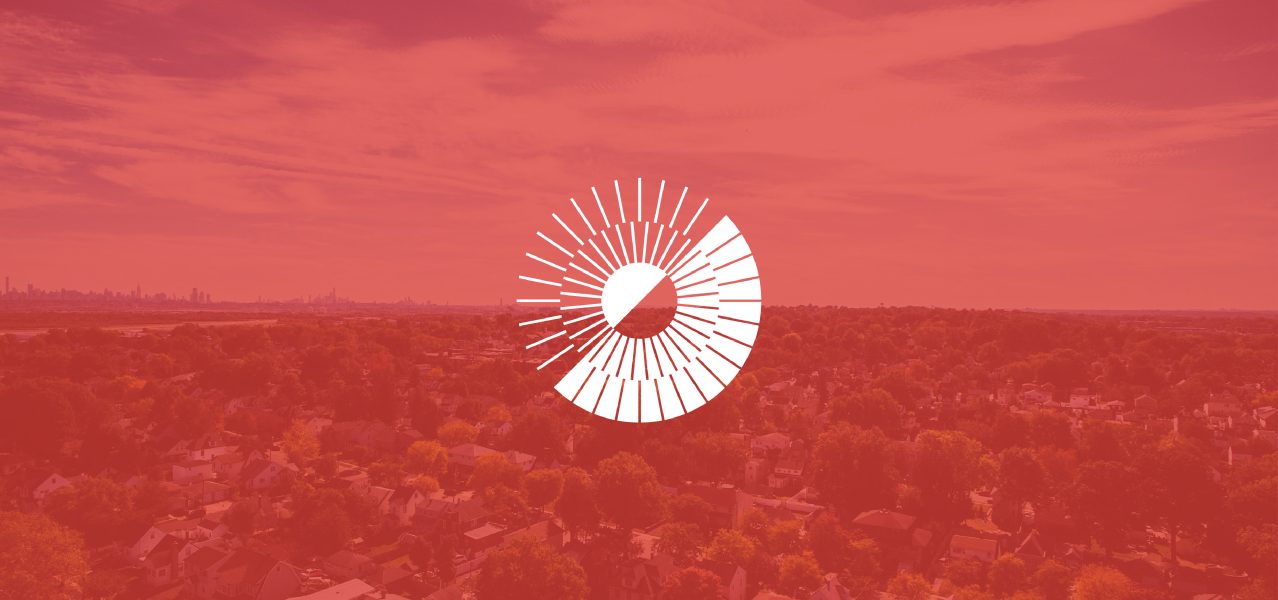In the heart of America, where dreams are said to be within reach for all, a recent decision by the U.S. Supreme Court threatens to undermine the very essence of that promise. The Court’s decision to end affirmative action in college admissions is not just a blow to the aspirations of countless young Black students; it’s a signal of a dangerous trajectory that could stifle the growth and potential of the next generation of Black leaders.
Now, I want you to imagine a world where the playing field is level, where every individual, regardless of their race or background, has an equal shot at success. That’s the America we all dream of. But the reality is, we’re not there yet. Affirmative action was a step towards that dream, a bridge to close the chasm of inequality that has persisted for centuries. By ending it, we risk widening that gap and perpetuating the systemic barriers that have held Black Americans back for far too long.
But this decision doesn’t just stop at college admissions. It’s a slippery slope, and its tentacles threaten the ability of groups dedicated to racial equality to take the necessary steps to eliminate the racial wealth gap. Let’s take a look at the Fearless Fund, for instance. This venture capital fund, with a noble mission of exclusively investing in Black women business owners, is now under fire. Black women entrepreneurs, who face the stiffest and most disproportionate financial headwinds of any group, are being denied even this small beacon of hope. The very group suing the Venture Fund is led by the conservative activist who played a pivotal role in the Supreme Court’s June decision on affirmative action. The message is clear: efforts to uplift the Black community are under attack.
Similarly, LiftFund Inc., a non-profit that has been instrumental in supporting small businesses in San Antonio, Texas, is facing accusations of using a “race-based and sex-based” scoring methodology in awarding grants for the Bexar County Small Business Assistance Program. But let’s pause and reflect on the data. In 2022, Crunchbase data revealed that Black founders received a mere 1% of the total $241 billion in global venture capital funding. And within that minuscule percentage, Black women received less than .35 percent. As if this disparity wasn’t stark enough, Fortune highlighted that white founders receive approximately $35 million more across the funding cycle than Black founders.
So, where does this leave Black entrepreneurs? They’re caught in a catch-22. On one hand, the traditional venture capital funding avenues are almost closed to them, and on the other, when the community tries to create programs to uplift its own, they’re met with resistance and legal challenges. The system, it seems, is rigged against us, and the recent affirmative action ruling has only added fuel to the fire.
The broader implications of this decision are profound. By undermining affirmative action, we’re not just talking about college admissions. We’re talking about the future of Black leadership in this country. We’re talking about the CEOs, the scientists, the artists, the thinkers, and the innovators of tomorrow. How can we expect to foster a diverse and inclusive society when the very policies meant to level the playing field are being dismantled?
The narrative that affirmative action is a form of reverse discrimination is not just flawed; it’s a dangerous oversimplification. It fails to recognize the centuries of systemic discrimination that have placed Black Americans at a disadvantage. Affirmative action was never about giving Black students an unfair advantage; it was about correcting an age-old imbalance.
But now, with the Court’s decision, we’re at a crossroads. Do we stand by and watch as the next generation of Black leaders is stifled, or do we rally together and fight for a more equitable future? The choice is ours.
The challenges faced by the Venture Fund and LiftFund Inc. are emblematic of a larger issue. They underscore the need for policies and initiatives that address the racial wealth gap head-on. If we’re serious about creating a society where everyone, regardless of their race, has an equal shot at success, then we need to be proactive. We need to champion programs that uplift marginalized communities and challenge decisions that threaten to set us back.
In the words of Dr. Martin Luther King Jr., “The arc of the moral universe is long, but it bends towards justice.” But it won’t bend on its own. We must be the force that pushes it in the right direction. The fight for racial equality is far from over, and now, more than ever, we need to stand united in our pursuit of a just and inclusive America.



